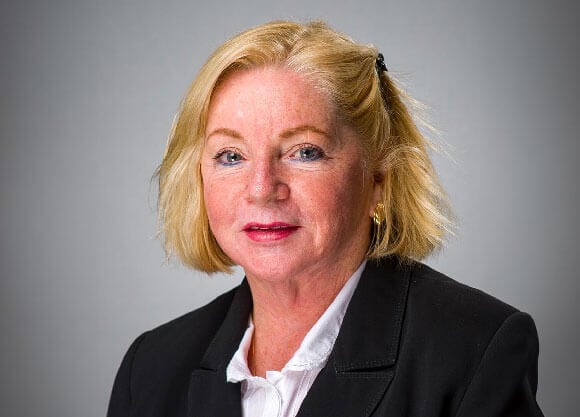
Artificial Intelligence: Delving into the wicked problem of poverty.
October 06, 2023

October 06, 2023

The WGs of the United Nations include Business and Human Rights, Business for Peace, Climate Change and Environment, Gender Equality, Humanistic Management, Poverty, Sustainability Mindset, and Sustainable Finance.
This 10th UN Responsible Management Education Research (RMER) conference titled Sustainable and Responsible Management: A Decade of Integrating Knowledge and Creating Societal Impact through Innovation and Entrepreneurship,” will take place at the Instituto Universitário de Lisboa, the week of September 25 in Lisbon Portugal. The WGs are a repository for a vast amount of knowledge, publish journals and books pertaining to the WG mission, and gather together virtually and in face-to-face conferences and meetings worldwide.
This session will discuss how the WGs can work more closely with faculty at UN PRME Signatory universities to the benefit of all.
By Associate Professor of Entrepreneurship & Strategy Margaret Goralski
The paper questions how one can solve the wicked problem of world poverty if the solution doesn’t consider the foundation of the problem. No Poverty is the UN’s Sustainable Development Goal (SDG) number one. It has been studied by philosophers, historians, economists, government officials, and others throughout the centuries and yet no solution has been found.
AI has the patience and resilience to delve deeply into a problem to discover its source and then could work on a generational solution that would finally pull a society of people out of poverty. We acknowledge that poverty is a multifaceted and complex issue that cannot be solved by technology alone, however, in combination with humanity it may be able to contribute various efforts to provide insights and solutions to help policymakers and organizations make better decisions.
Quinnipiac Today is your source for what's happening throughout #BobcatNation. Sign up for our weekly email newsletter to be among the first to know about news, events and members of our Bobcat family who are making a positive difference in our world.
Sign Up Now